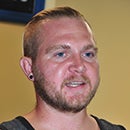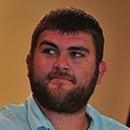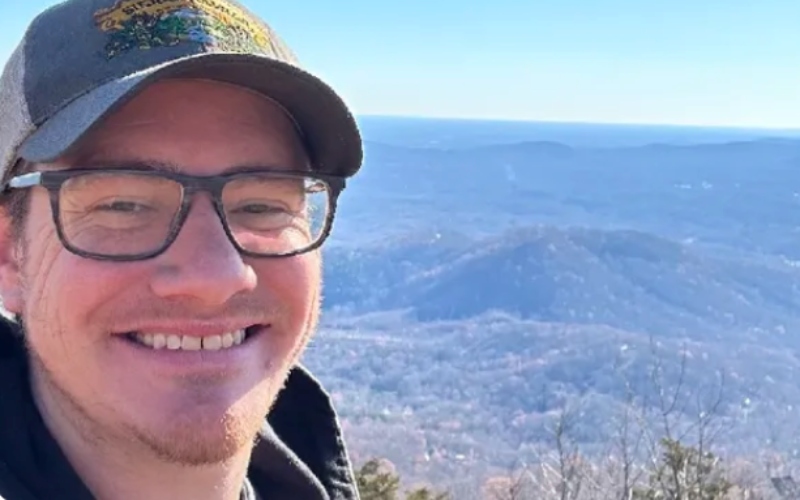Amputee Outdoors provides experiences, inspiration for wounded veterans
Published 10:00 pm Friday, August 5, 2016
Young adults who have lost limbs in combat or by other traumatic events,
can feel sorry for themselves and die one day at a time. Or, they can symbolically kick themselves into action with one of their prosthetic legs or other new limbs, and help themselves and others live full lives.
Tony Mullis and Michael Boucher, both of whom lost their legs while serving in the Marine Corps in Afghanistan, chose the latter option. Through Amputee Outdoors, a non-profit group they founded, they’ve found joy and a reason to help others — as well as some physical challenges of their own — leading similarly wounded veterans on hunting and fishing trips.
Trending
On the evening of Tuesday, Aug. 2, Boucher and Mullis shared their experiences at a special program hosted by the American Legion Auxiliary at Tryon’s American Legion Post.
Both Mullis and Boucher have hunted since they were youngsters, so it was only natural for them to want to channel their energy and experiences into helping others enjoy such outdoor pursuits. Since 2010, they’ve hunted together. Deer, turkeys, ducks and wild hogs have been among their hunting quarry. Inspiring their clients is part of the package.
“You can keep on living, and not rely on other people,” Boucher emphasized, recalling his own trial, error and finally, successful completion of tasks, like climbing a ladder stand on a hunting trip, that would have been easy in, or before, his Marine Corps days.
“I’m a professional faller, and an amateur walker,” Boucher admitted.
No part of their previous life experience prepared them for being amputees, Mullis explained. “I never looked into being an amputee,” Mullis said, “because I never wanted to be an amputee.” Mullis was wounded in 2011 in Afghanistan when an IED took one leg below the knee and the other above the knee.
Boucher and Mullis hold firmly to two standards particularly. Every penny coming into Amputee Outdoors is channeled into helping amputee veterans, and that their own families never take a back seat to the program. Mullis stressed the idea that the program is family oriented.
Trending
Mullis has spoken at schools and loves talking with little kids, but speaking engagements and the traveling they entail take away from their own family time, and are not a big part of their program.
Boucher noted that he and Mullis show their clients “that tomorrow is worth waking up for.”
While Amputee Outdoors receives some funding, much expensive and high-tech equipment remains financially out of reach. Rather, they test more standardized hunting equipment themselves, to better help their clients adapt.
“I didn’t want to do anything special,” Mullis explained, “because I don’t want to feel handicapped.”
One notable equipment exception is making blow triggers available to help clients, with little or no use of their hands, to discharge firearms with accuracy and control.
Before taking clients out, Mullis and Boucher learn all they can about each client’s disability, to better make that person’s outing enjoyable.
Funding for Amputee Outdoors comes partly from Semper Fi Fund (which aids wounded Marines and their families while the Marines recover), Combat Veterans Motorcycle Association (a large funder), Homes for Our Troops, and donations.
Amputee Outdoors (AmputeeOutdoors.com) welcomes women veterans as well, Boucher added.







